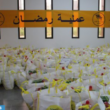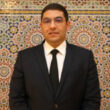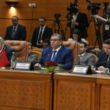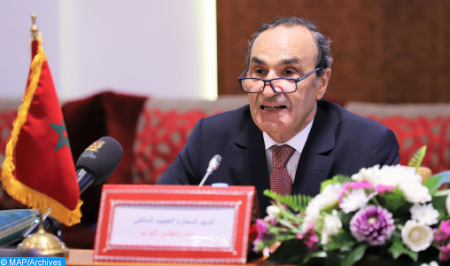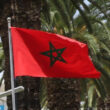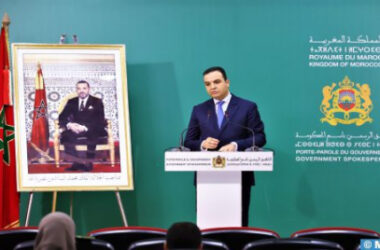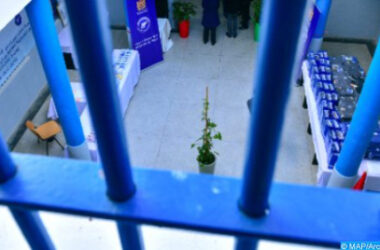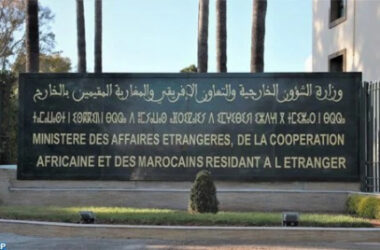In a speech, El Malki recalled the current situation of women’s rights in Morocco and the constraints that prevent the achievement of greater progress in this area, according to a statement from the Council.
He stressed that despite the gains achieved for Moroccan women, thanks to their participation in the changes that society is experiencing, a number of constraints still limit the efforts and initiatives to strengthen their position in the legislative arsenal, programs and public policies, noting that women still suffer more than men from conditions of poverty and unemployment.
In the same vein, the President of the Higher Council for Education, Training and Scientific Research said that it is a priority to improve the status of women working in the education and training sector, promote equal access to jobs and decision-making positions in education, increase the indicators of girls’ enrollment, reduce the dropout of girls, especially in rural areas, and the adoption of programs of social, psychological and educational support for students.
He also called for increasing the percentage of girls benefiting from programs “Tayssir”, the royal initiative 1 million school bags, as well as transportation services and school canteens.
Regarding the role of school in improving the situation of women, Mr. El Malki stressed the need to review the official educational discourse and curricula, noting that the review of educational materials shows the limits of the aspect related to the educational culture and educational discourse on the gender approach.
Efforts have been devoted more to material aspects related to the provision of structures and equipment and not to the official educational discourse, curricula, textbooks and new roles for women or gender relations in line with the gender approach, he noted.


